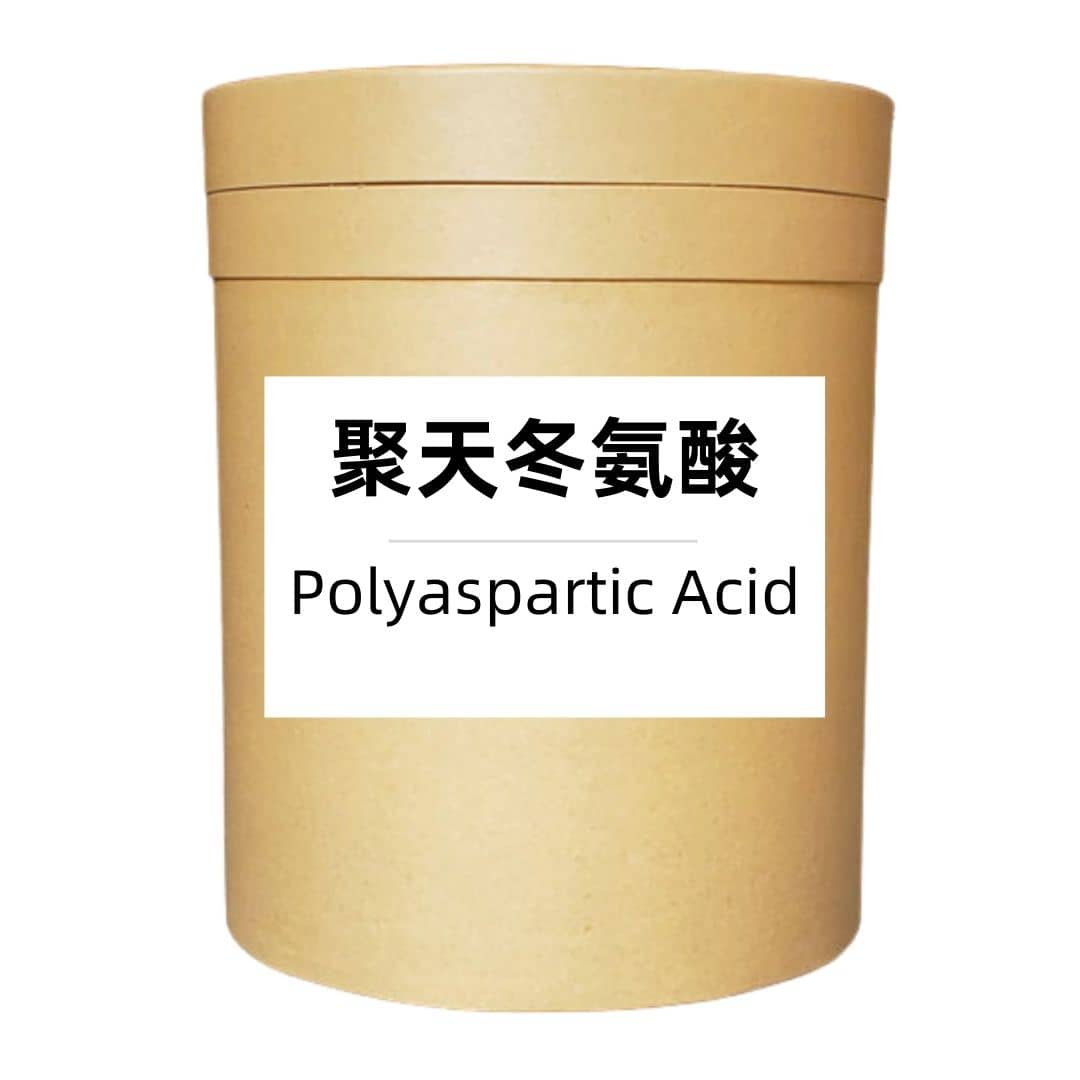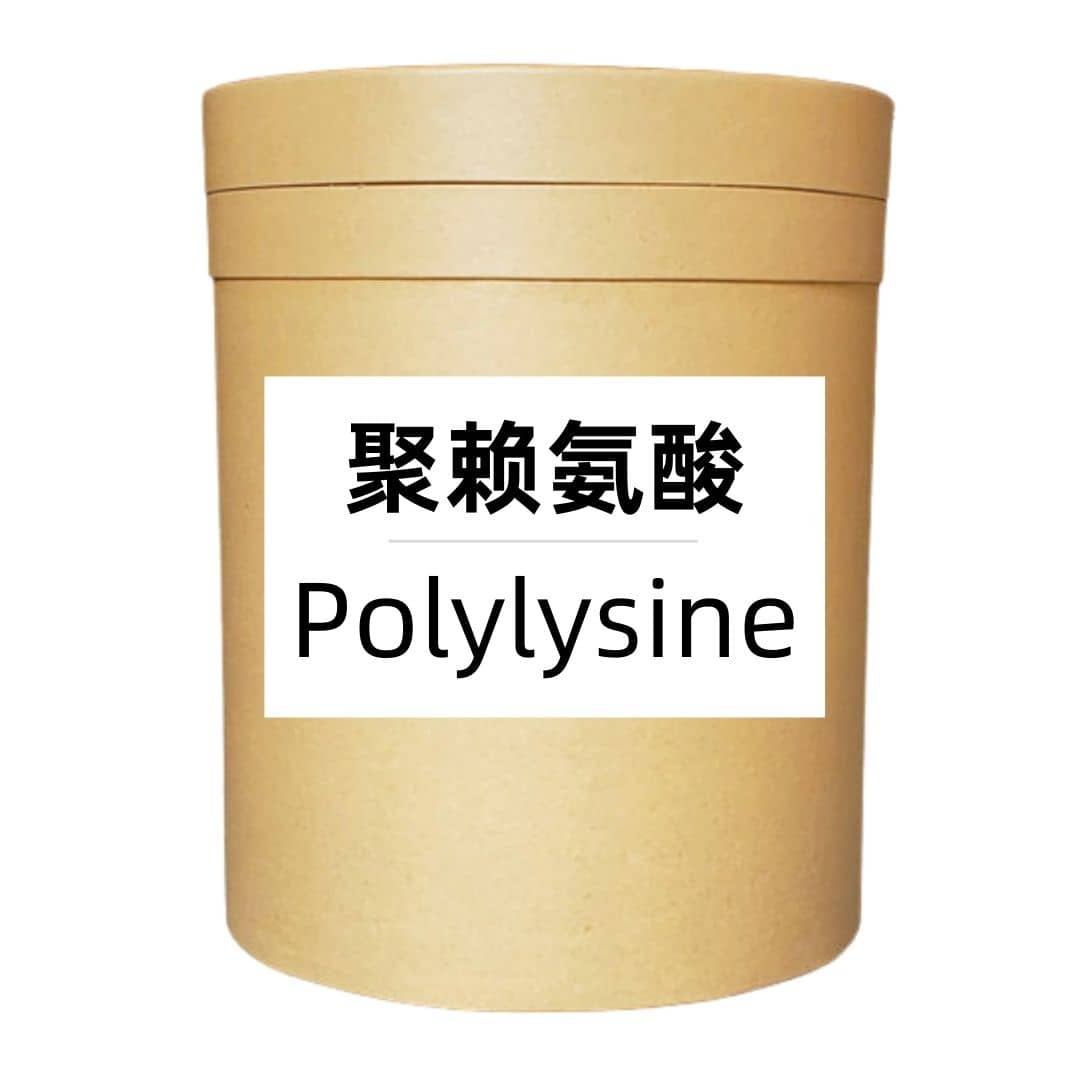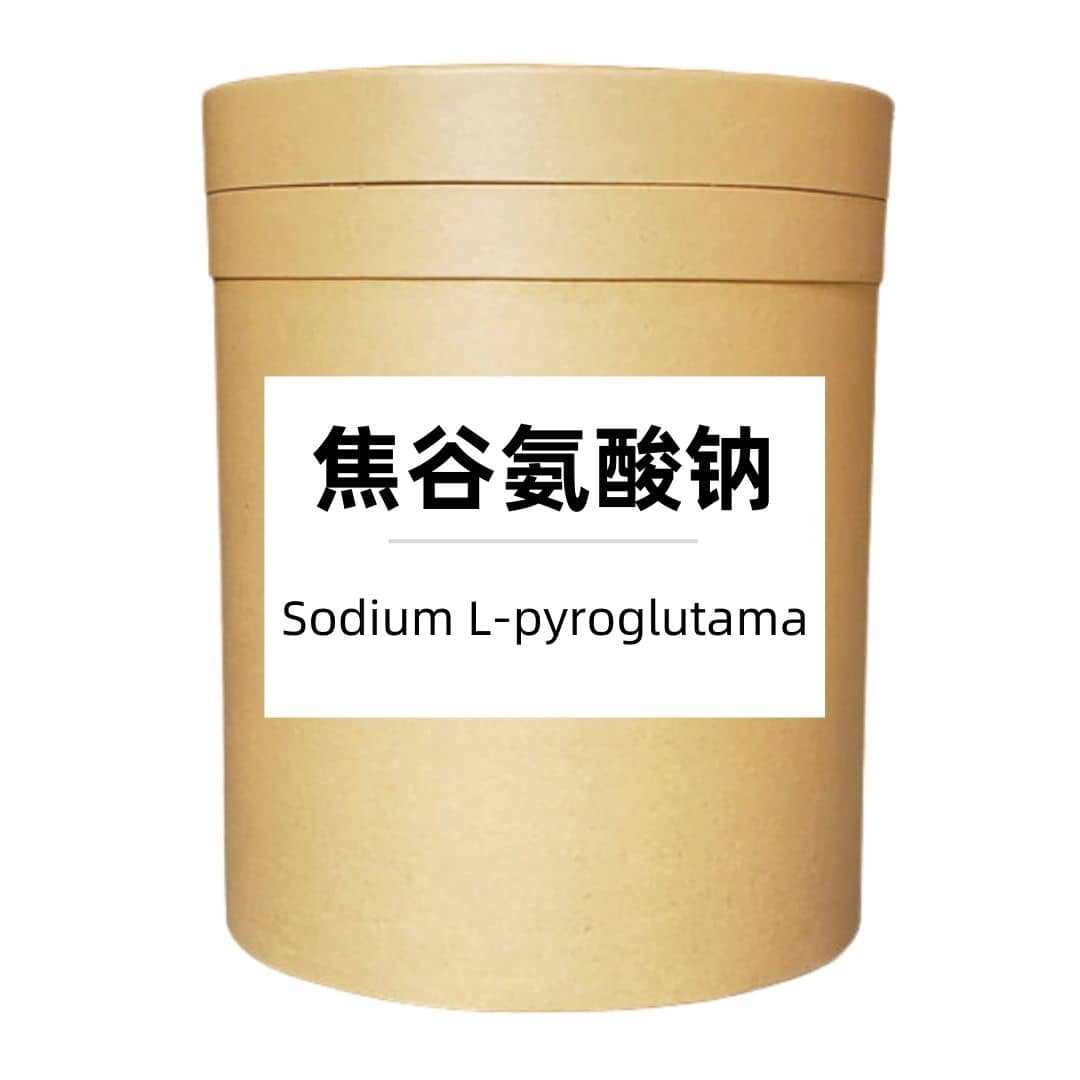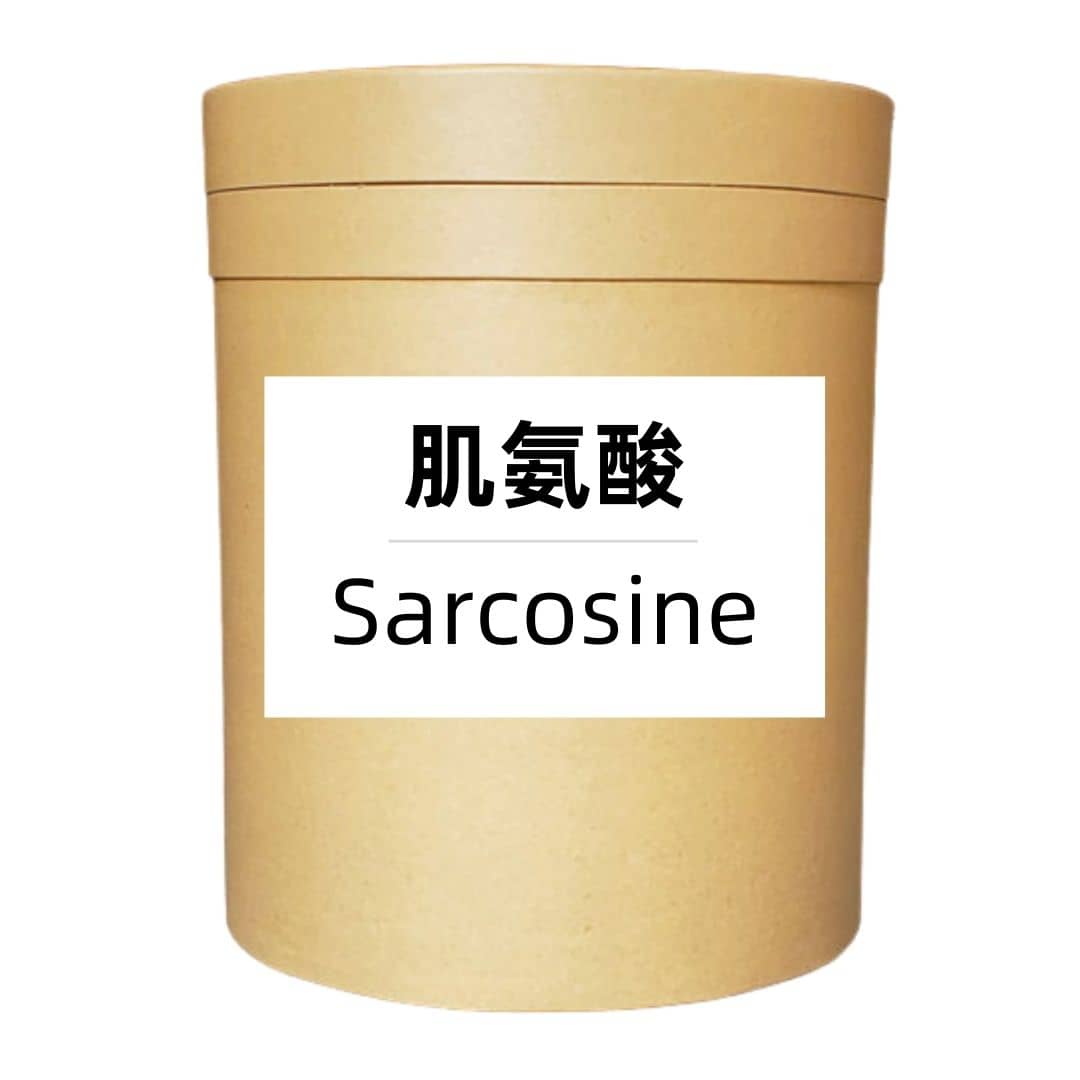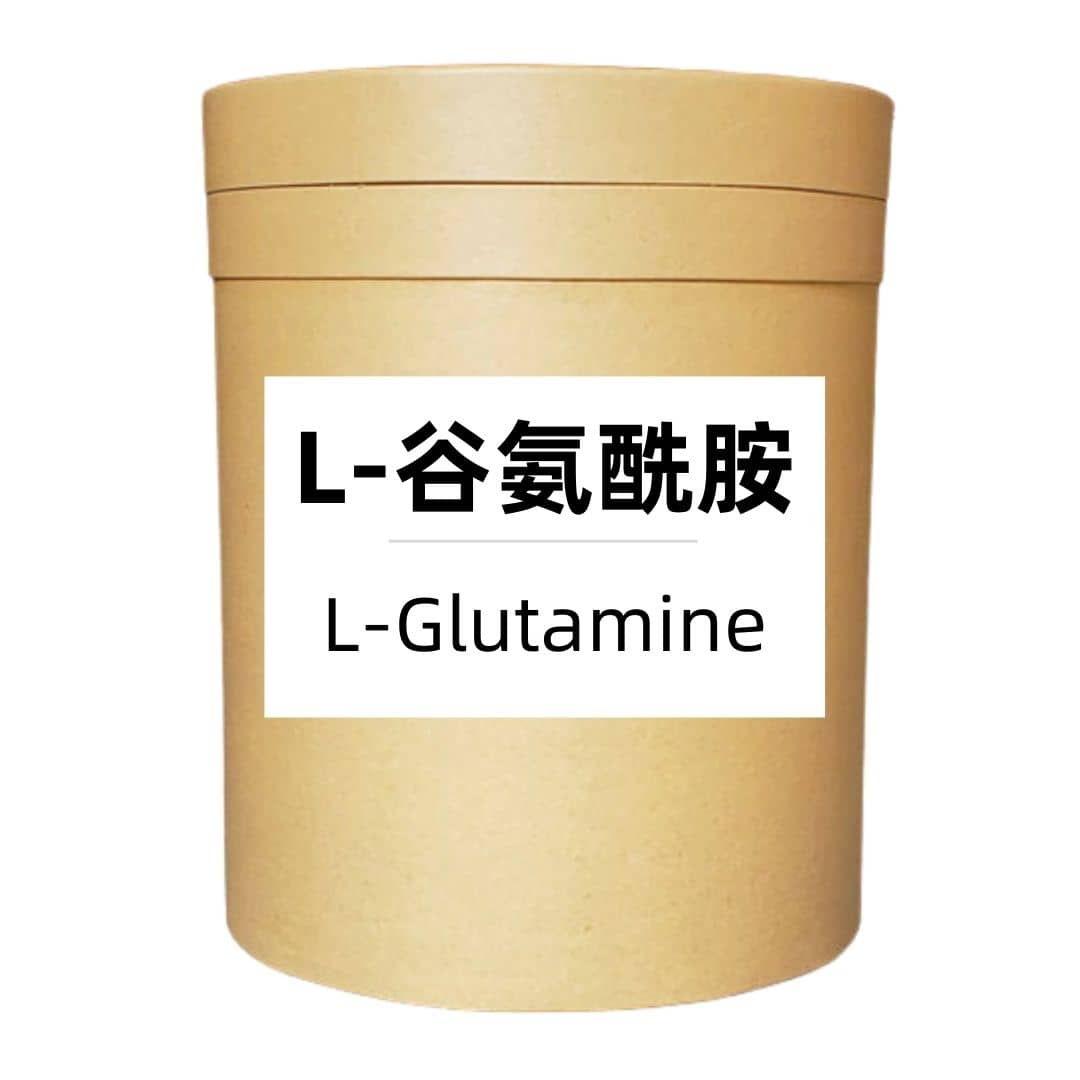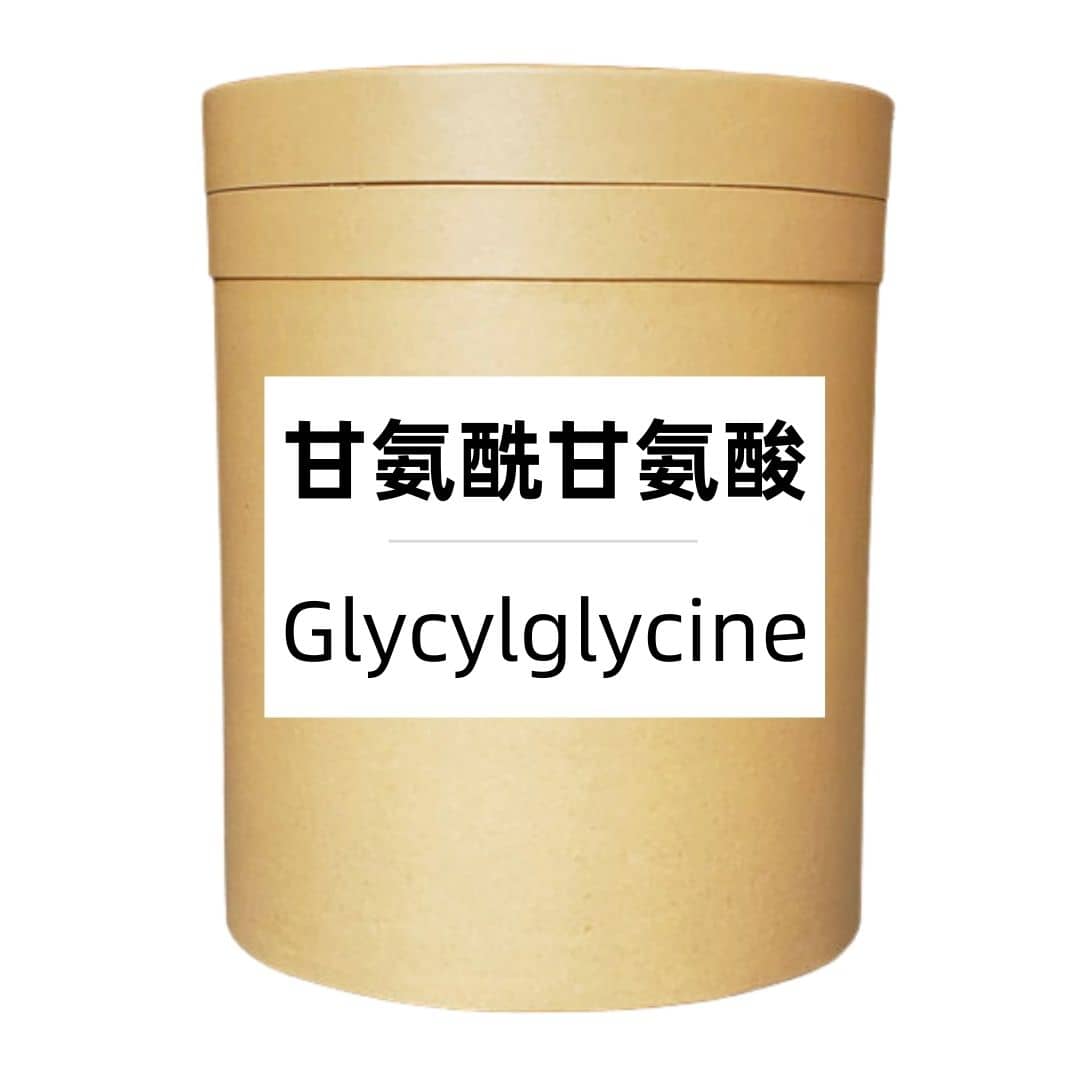Product Description
Tyrosine is a non-essential amino acid and a vital nutrient in the human body. Being non-essential means that the body can synthesize it from other sources and doesn’t need to obtain it directly from food.
Tyrosine participates in various biochemical reactions and metabolic processes within the body. It is a component of proteins, essential for normal growth and the maintenance of tissues. Moreover, tyrosine serves as a precursor for several key bioactive substances, including adrenaline, thyroid hormones, and melanin.
It also plays a role in synthesizing neurotransmitters, such as dopamine, norepinephrine, and epinephrine, which are crucial for regulating nervous system functions, mood, and cognition. Tyrosine is further involved in other biochemical reactions, such as methylation and oxidation processes.
Due to its importance in the body, tyrosine is widely used in food, dietary supplements, and pharmaceuticals. In the food industry, it can serve as a flavor enhancer, improving taste and texture. As a dietary supplement, tyrosine supports the body's nutritional needs. In pharmaceuticals, it is used as a raw material for synthesizing certain drugs.
Production Process
The production of tyrosine generally involves microbial fermentation through the following steps:
- Selection of suitable microbial strains for tyrosine production, such as mutated E. coli or *Edwardsiella*.
- Inoculation of these strains into a nutrient-rich medium with carbon sources, nitrogen sources, and trace elements.
- Fermentation under optimal temperature, pH, and oxygen conditions to promote cell growth and tyrosine production.
- Purification of the fermentation broth to remove impurities and microbial residues, enhancing tyrosine purity.
- Concentration and drying to produce the final tyrosine product.
Throughout production, it is essential to control raw material quality, fermentation conditions, and production environment to ensure product quality and safety. Compliance with relevant regulations and standards, quality control, and standardized procedures are also crucial for meeting industry requirements.
Functions and Benefits
Tyrosine has multiple functions and benefits, including:
- Synthesis of Bioactive Substances: Tyrosine is a precursor for bioactive compounds like adrenaline, thyroid hormones, and melanin, which play essential roles in nervous system regulation, metabolism, immunity, and skin pigmentation.
- Neurotransmitter Synthesis: It aids in the synthesis of dopamine, norepinephrine, and epinephrine, which are important for nervous system function and emotional stability.
- Immune Regulation: Tyrosine contributes to immune cell function, impacting immune response and normal immune system activity.
- Skin Protection: Tyrosine is involved in melanin synthesis, aiding skin protection and pigmentation.
- Protein Synthesis: As a building block of proteins, tyrosine is essential for normal growth and tissue maintenance.
Packaging and Storage
- Storage Conditions: Store in a sealed, light-resistant container in a cool, dry, well-ventilated place, away from high temperatures.
- Packaging: Bulk—25 kg per fiber drum; Samples—1 kg per foil bag; Custom packaging available upon request.
- Transport Method: Courier or freight; domestic courier delivery within 3 days, freight within 5 days. Quoted prices typically include domestic shipping costs.
- Shelf Life: Two years
Monica Sun possesses extensive technical expertise and market insights in the food additives industry. She excels in designing efficient and safe additive formulations tailored to various food applications, ranging from sweeteners to functional dietary fibers. Monica has successfully assisted food manufacturers in optimizing ingredient combinations to enhance product quality and improve consumer satisfaction.









